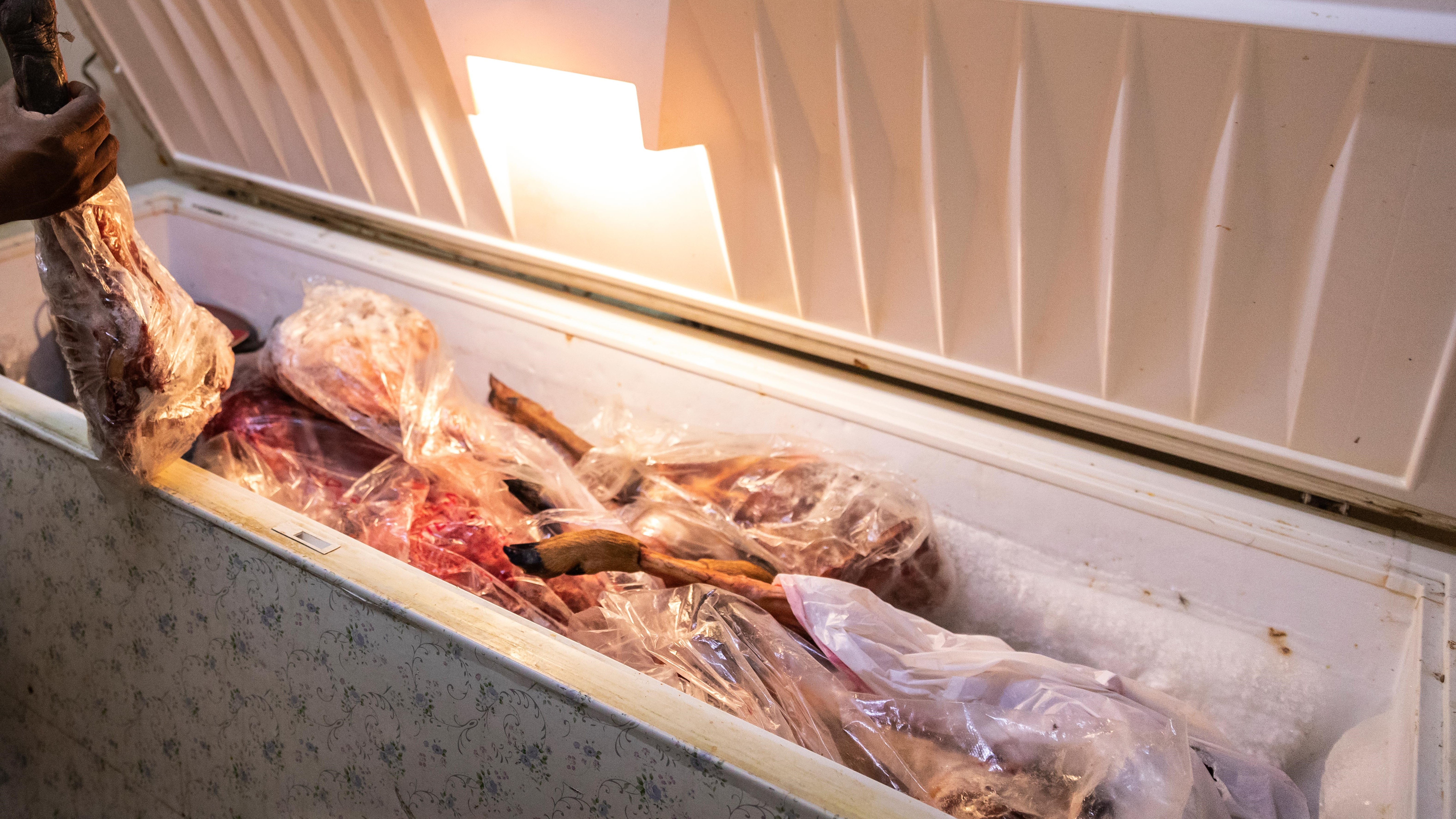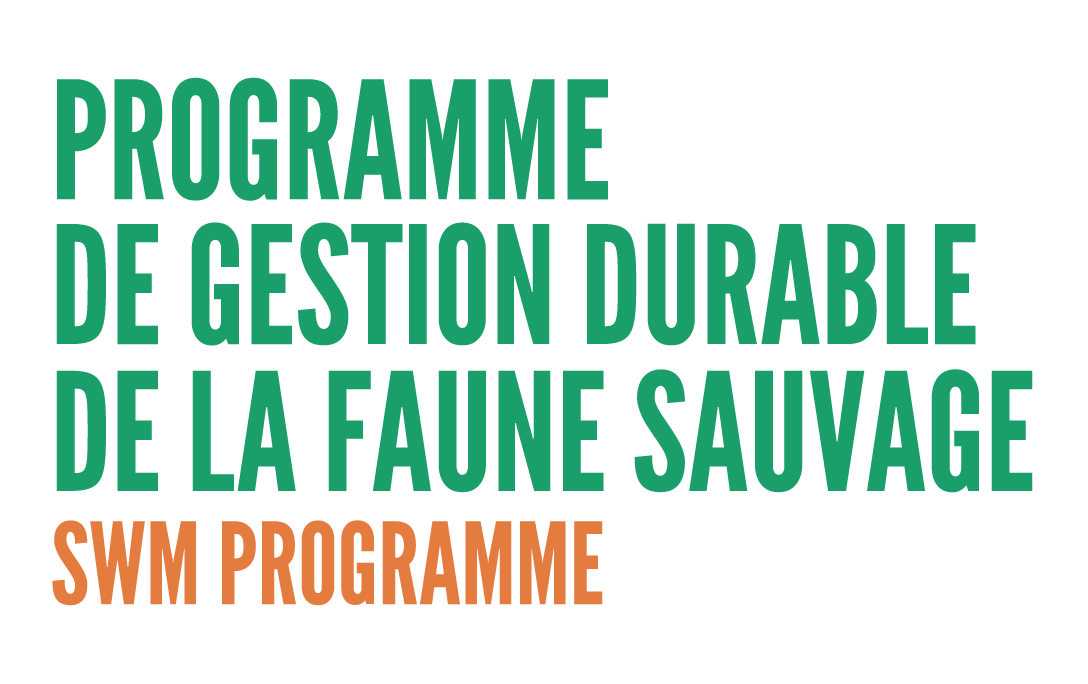SUR - ΩA - INSTITUTIONAL SET-UP
Food Safety

Suriname / Food safety
INSTITUTIONAL FRAMEWORK RELEVANT TO FOOD SAFETY
INSTITUTIONAL SET-UP
questions
2 answers
document title
text/abstract
Article 5:
The main tasks of the National Institute for Food Safety Suriname (NIVS) are:
a. Supervise all aspects of food safety and quality management, including the prevention and mitigation of food fraud.
b. Monitoring all applications and practices related to agriculture, livestock and fisheries including animal and plant health, provided that these applications have a direct impact on food safety and thus human health, in which case they are under the supervision of NIVS fall.
2. The situations referred to in paragraph 1 under b include, inter alia:
a. Monitoring plant protection products and biocides and setting maximum residue limits.
b. Monitoring fertilizers and other substances used and / or applied to crops intended for human consumption.
c. Monitoring veterinary substances used in animal feed intended for animals that will be used for human consumption.
d. The quality and safety of irrigation water intended for agricultural, livestock and fishing activities.
e. Food safety and quality management programs applied to food and feed.
f. Feed safety and its possible implications for food safety.
3. Training or arranging for training of persons to supervise and control general food safety.
4. Further tasks for the NIVS may be established by or pursuant to a State Order.
Article 6:
1. In order to protect the consumer and to guarantee fair practices in the Surinamese food trade, the NIVS has both regulatory and non-regulatory powers / tasks.
2. These powers / duties include, among others:
a. Preparing regulations in the field of food safety and quality through scientific research and laboratory analysis of food, including a risk assessment;
b. Developing and managing technical regulations and guidelines on foodstuffs to support existing regulations.
c. Promoting compliance, verification and enforcement of Food Science regulations.
d. The inspection of the foodstuffs intended for import and export, and which are produced in Suriname;
e. Monitoring food safety incidents, including recalls, whether or not related to an outbreak of a foodborne illness.
f. Determining inspection rights for inspections and other services of the NIVS.
3. In the performance of these tasks, in addition to the CODEX Alimentarius standards, the national standards in the field of foodstuffs, as established by the Surinamese Standards Bureau (SSB), will serve as a guideline.
Article 14 [extract):
[…] For the Ministry of Ministry of Agriculture, Animal Husbandry and Fisheries the special tasks are as follows
described:
- policy on agriculture, animal husbandry, fisheries and beekeeping;
- monitoring of the proper use of land and waters issued for the agricultural sector;
- research and information in the sectors referred to in (a);
- identifying the need for and distribution of goods and services in the sectors referred to in (a);
- matters relating to the production, storage, processing and marketing of products produced in the sectors referred to in (a), where necessary in the interdepartmental context;
- the prevention and control of animal and plant diseases and pests;
- the establishment of quality standards for and the exercise of quality control on products of the sectors referred to in (a);
- the investment and credit policies of the sectors referred to in (a), in cooperation with the eligible ministries;
- promoting, coordinating, regulating and monitoring cooperatives and other organisations in the sectors referred to in (a), where necessary interdepartmental;
- monitoring compliance with the legislation relating to the sectors referred to in (a), where necessary in an interdepartmental context;
1 answer
document title
text/abstract
Article 14 [extract]:
[…] For the Ministry of Agriculture, Animal Husbandry and Fisheries the special tasks are as follows
described:
- policy on agriculture, animal husbandry, fisheries and beekeeping;
- monitoring of the proper use of land and waters issued for the agricultural sector;
- research and information in the sectors referred to in (a);
- identifying the need for and distribution of goods and services in the sectors referred to in (a);
- matters relating to the production, storage, processing and marketing of products produced in the sectors referred to in (a), where necessary in the interdepartmental context;
- the prevention and control of animal and plant diseases and pests;
- the establishment of quality standards for and the exercise of quality control on products of the sectors referred to in (a);
- the investment and credit policies of the sectors referred to in (a), in cooperation with the eligible ministries;
- promoting, coordinating, regulating and monitoring cooperatives and other organisations in the sectors referred to in (a), where necessary interdepartmental;
- monitoring compliance with the legislation relating to the sectors referred to in (a), where necessary in an interdepartmental context;
